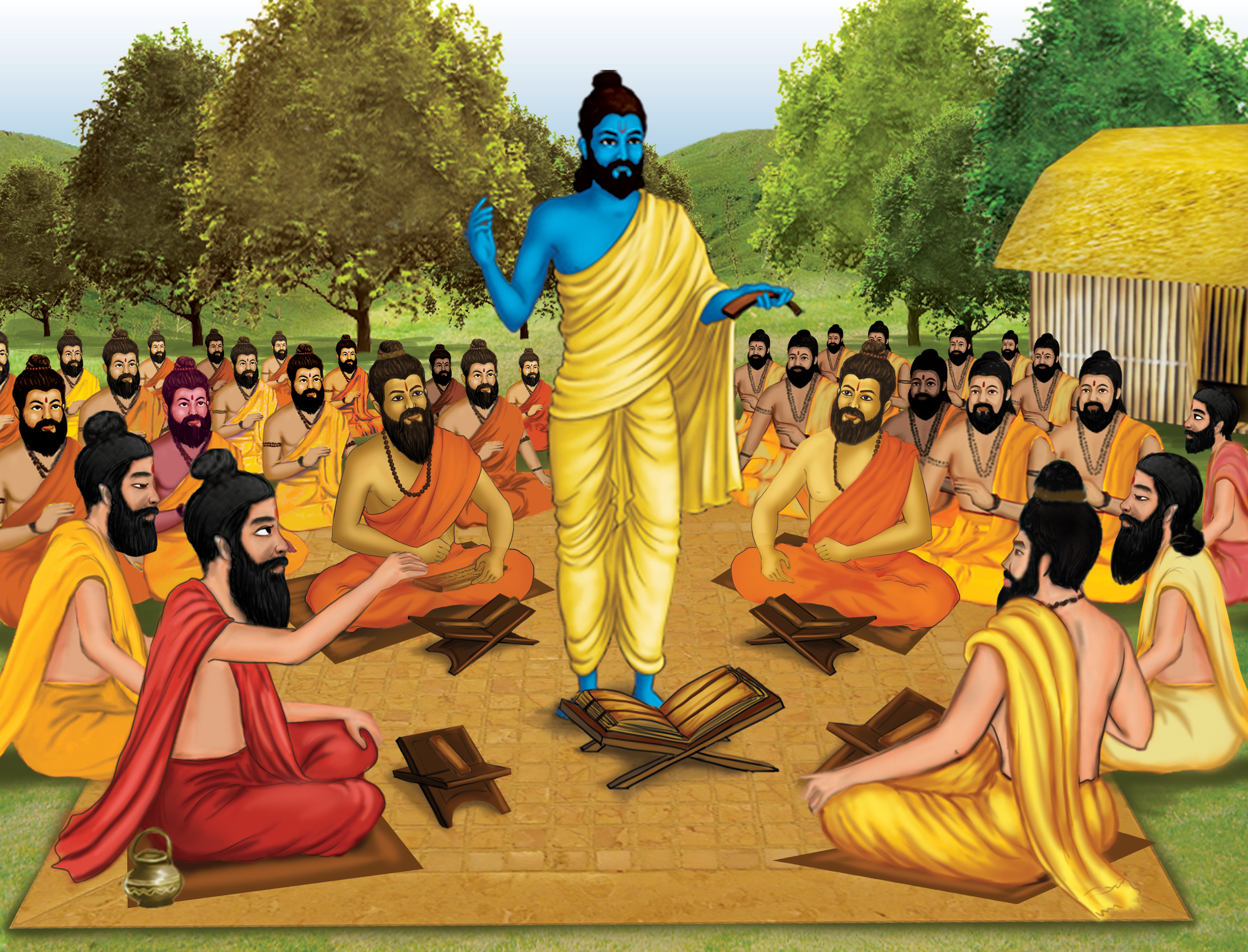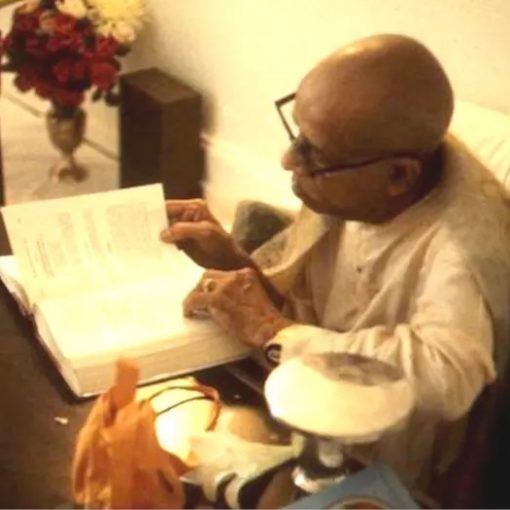Vedantists are incomparable to Devotees
In the Srimad Bhagavadam 4.12.41 verse the word veda-vādinaḥ is very significant. Generally, a person who strictly follows the Vedic principles is called veda-vādī. There are also so-called Vedāntists who advertise themselves as followers of Vedānta philosophy but who misinterpret Vedānta. The expression veda-vāda-ratāḥ is also found in the Bhagavad-gītā, referring to persons who are attached to the Vedas without understanding the purport of the Vedas. Such persons may go on talking about the Vedas or may execute austerities in their own way, but it is not possible for them to attain to such an exalted position as Dhruva Mahārāja. As far as ordinary kings are concerned, it is not at all possible. The specific mention of kings is significant because formerly kings were also rājarṣis, for the kings were as good as great sages. Dhruva Mahārāja was a king, and at the same time he was as learned as a great sage. But without devotional service, neither a great king, a kṣatriya, nor a great brāhmaṇa strictly adhering to the Vedic principles can be elevated to the exalted position attained by Dhruva Mahārāja.





